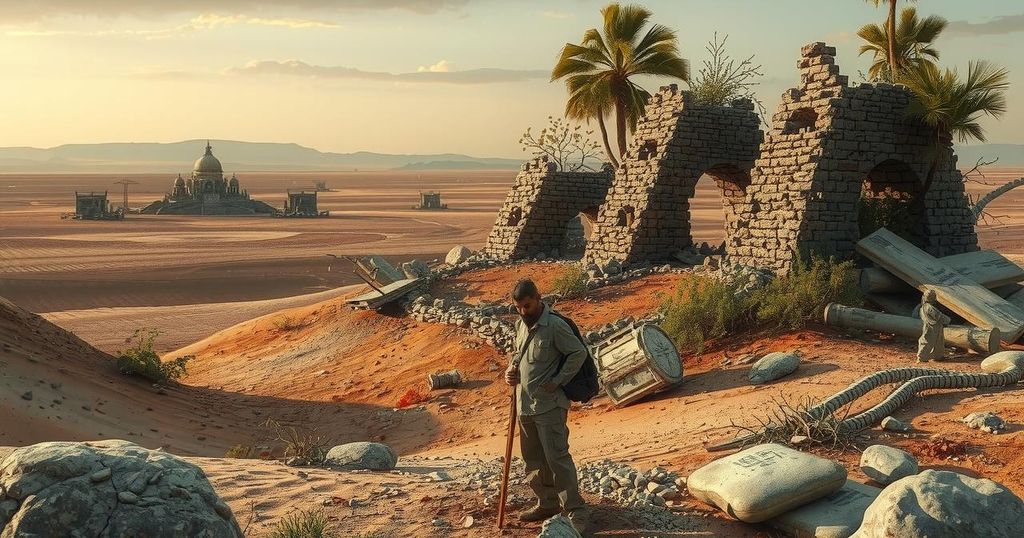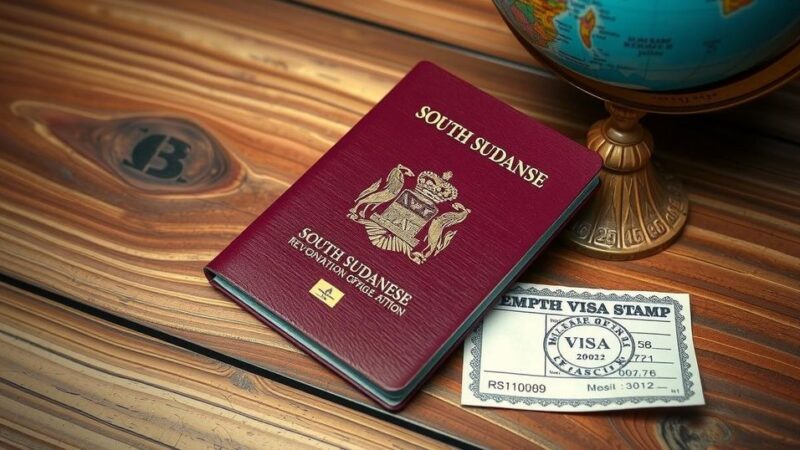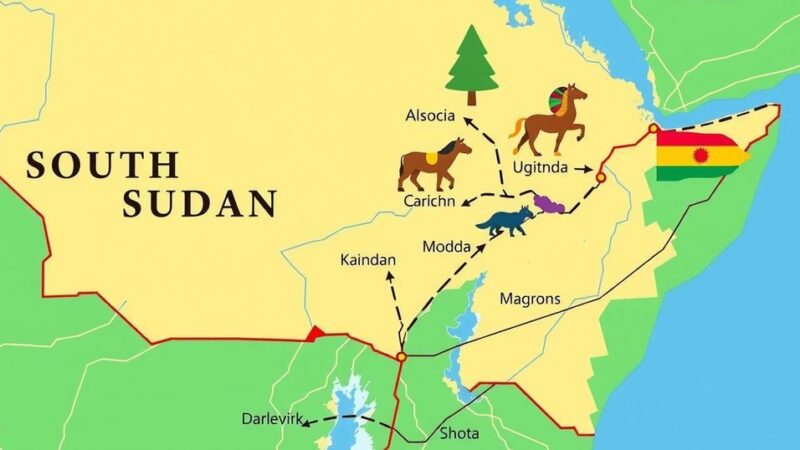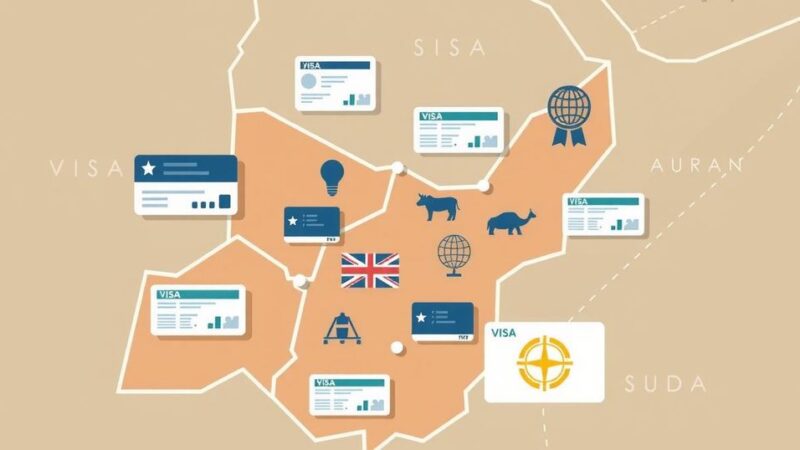Violence in South Sudan is escalating due to historical tensions and recent political unrest, notably between the Nuer and Dinka communities. The involvement of Ugandan troops has further complicated the situation, threatening the fragile power-sharing deal established in 2018. To prevent renewed civil conflict, effective dialogue and community engagement are essential, alongside responsible actions from the government and a proactive international response.
Violence in South Sudan is escalating, spurred by historic tensions between the Nuer and Dinka communities and exacerbated by political turmoil. In March 2025, Uganda deployed troops in support of the South Sudanese government, leading to aerial bombings and rising tensions with opposition groups, which jeopardizes the fragile power-sharing agreement established in 2018. Jan Pospisil, a researcher on South Sudan’s political transition, highlights the causes of this burgeoning unrest.
The situation in early March 2025 deteriorated when the White Army, a militia group representing the Nuer community, attacked South Sudan People’s Defence Forces in Upper Nile State’s Nasir County, resulting in numerous fatalities and injuries. The White Army claims self-defense in its actions, reflecting historical conflict patterns but intensifying significantly recently. Government retaliatory measures, including aerial bombardments and arrests of opposition leaders, have only inflamed the already heightened tensions.
The roots of this conflict can be traced back to the historical split within the Sudanese People’s Liberation Movement (SPLM) in 1991, which led to the formation of SPLM-Nasir by Riek Machar, specifically representing the Nuer faction. The White Army arose during the 1990s, focusing on community defense but has operated independently of established political entities, complicating the current dynamics. Misrepresentations linking the White Army’s actions to opposition strategies fail to acknowledge the militia’s distinct grievances in Nasir County.
In comparison to the civil war outbreak in 2013, the White Army’s recent assertiveness stems from specific provocations rather than coordinated political maneuvers. February clashes increased animosities leading to humiliating defeats for the army, prompting a government crackdown that led to further escalation. The seizure of key military sites further indicates the shifting balance of power. The government’s scapegoating of opposition figures for violence demonstrates a failure to address underlying tensions and consolidated community grievances effectively.
To avert an impending civil war, South Sudan requires dialogue, sustained community engagement, and demobilization. The government must cease arbitrary detentions of opposition members and refrain from assaults on civilians. Engaging influential community leaders in de-escalation efforts, especially as logistical difficulties arise during the rainy season, may foster conditions for reconciliation and confidence-building between conflicting factions.
Despite international condemnation of violence, the response has been limited, largely lacking substantial action. The UN mission in South Sudan must address the historical context and independent agency of the White Army while critiquing unsubstantiated arrests that threaten the political transition. Advocacy for de-escalation and addressing grievances is vital to prevent a return to conflict as tensions rise.
The resurgence of violence in South Sudan is a critical issue that necessitates urgent attention and action. The historical underpinnings of the conflict, coupled with contemporary political dynamics, illustrate the complexities of the situation. To avoid a return to civil war, dialogue, responsible governance, and international intervention are crucial. The establishment of trust between communities and the government, along with a clear stance from the international community, can foster peace and stability.
Original Source: eastleighvoice.co.ke






